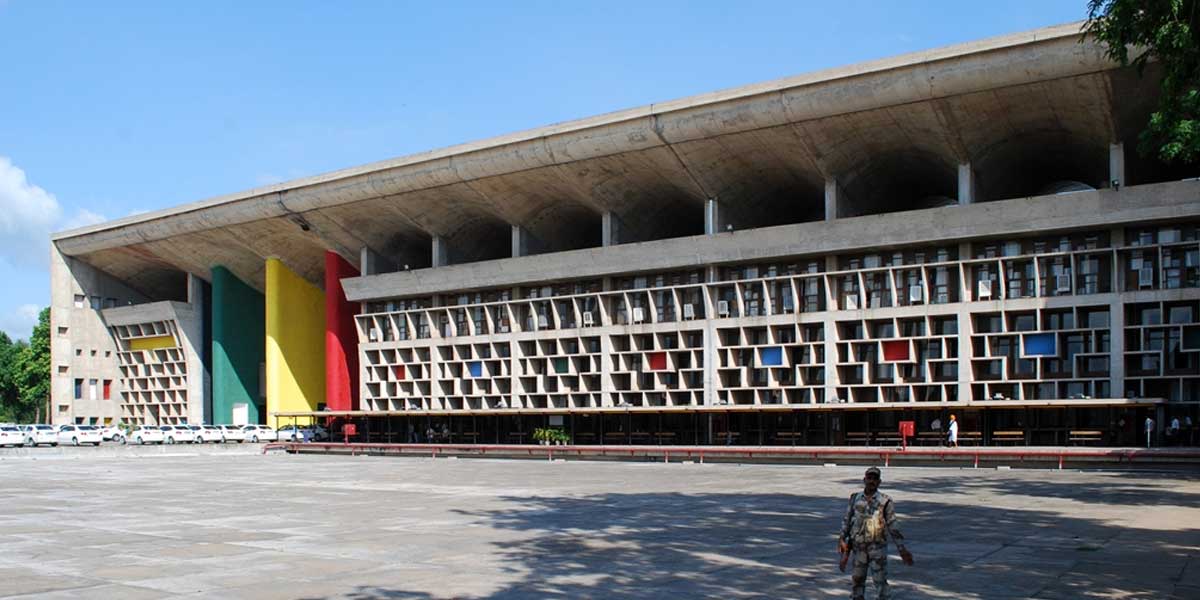

Nashik Airport To Get Rs 5.72 Billion (bn) Upgrade Ahead Of Kumbh
Nashik airport will undergo a Rs 5.72 billion (bn) infrastructure upgrade intended to triple passenger handling capacity as the city prepares to host the Kumbh Mela next year. The expansion includes construction of a new 18,250 square metre terminal building with twenty four check-in counters and enhanced passenger facilities. Upon completion the airport's handling capacity is expected to rise to 1,000 passengers per hour. A new apron will double aircraft parking bays to 12 and is expected to improve aircraft handling and ease congestion during peak periods. Maharashtra Chief Minister Devendra..

Noida International Airport Set For Major Expansion
The completion of phase one at Noida International Airport marks a significant milestone in regional aviation infrastructure development and sets the site on course for a major expansion programme. Located in Noida, Uttar Pradesh, the airport has established an initial operational footprint that is intended to support growing passenger and cargo demand in the National Capital Region. Government bodies and project stakeholders have indicated that subsequent phases will be prioritised to build on the foundations laid in the initial stage. The phase one works have provided basic operational capab..

Maharashtra Cabinet Approves Rs 60 Billion Loan For Purandar Airport
The Maharashtra cabinet has approved a proposal to raise a loan of Rs 6,000 crore to finance the Purandar airport project. The decision authorises the state government to secure long term funding to support construction and related infrastructure for the airport near Pune. Officials indicated the measure is intended to accelerate development and strengthen regional connectivity by creating additional aviation capacity. The approval sets the financial framework for the next phase of project planning and implementation. The loan amount of Rs 6,000 crore is equivalent to Rs 60 billion (Rs 60 bn) ..

















